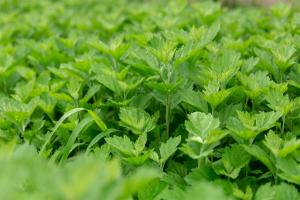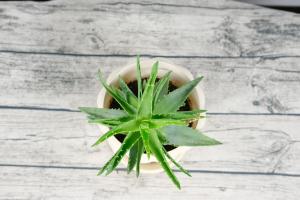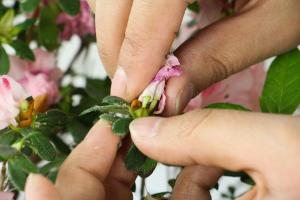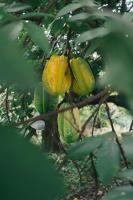How Long Before a Citrus Tree Bears Fruit Street Planted
Planting a citrus tree is an investment in time, effort, and resources. If you are planning to grow one in your street or garden, you should be prepared for several years of waiting before the tree produces fruit. Typically, citrus trees take three to six years to bear fruit after planting, depending on several factors.
Factors Affecting the Time it Takes for Citrus Trees to Bear Fruit
The following factors have an impact on how long it will take for your citrus tree to bear fruit:
Citrus Tree Variety
The variety of citrus tree you choose to plant will determine how long it takes to bear fruit. Some citrus trees, such as lemons or limes, may take three to four years to produce fruit, while others, such as oranges or grapefruits, can take up to six years. If you want to enjoy the fruits of your labor sooner, consider planting a dwarf or semi-dwarf citrus tree, which may produce fruit faster than a standard-sized tree.
Climate
The climate in your area also plays a significant role in how long it takes for a citrus tree to bear fruit. Citrus trees thrive in warm, sunny climates, and may take longer to produce fruit in colder or milder areas.
Soil
The soil in your garden or street also affects how long it takes for a citrus tree to produce fruit. Citrus trees prefer well-drained, fertile soil that is slightly acidic, with a pH between 6 and 7.5. If your soil is too alkaline or compacted, it can slow down the growth and fruiting of your tree.
Watering and Fertilization
Citrus trees require regular watering and fertilization to encourage healthy growth and fruiting. Over or under-watering, as well as incorrect fertilization or timing, can delay fruit production, or even lead to the death of the tree. Make sure to follow the recommended watering and fertilization guidelines for your specific citrus tree variety.
Caring for Your Citrus Tree to Speed up Fruit Production
While it may take several years for a citrus tree to bear fruit street planted, there are ways to speed up the process and ensure a bountiful harvest. Here are a few tips:
Pruning
Pruning your citrus tree can help promote fruiting by directing the tree's energy to the fruit-bearing branches. Regular pruning also allows for better air circulation and light penetration, which can improve the overall health of the tree.
Pest and Disease Control
Pests and diseases can weaken or even kill a citrus tree, delaying fruiting. Make sure to keep your tree protected from pests like aphids and fruit flies, and diseases like citrus canker or greasy spot. You may need to use pesticide or fungicide treatments, or consult with a local arborist for ongoing care.
Harvesting and Storage
Once your citrus tree begins to produce fruit, make sure to harvest it promptly to encourage more fruit production. Store the fruit in a cool, dry place to extend its shelf life, or use it to make preserves, juice, or other delicious citrus-based recipes.
Conclusion
Citrus trees are a beautiful and rewarding addition to any garden or street, but they require patience and care to produce fruit. By choosing the right variety, climate, soil, and care practices, you can speed up the fruiting process and enjoy a bountiful harvest for years to come.

 how many times do yo...
how many times do yo... how many planted tre...
how many planted tre... how many pine trees ...
how many pine trees ... how many pecan trees...
how many pecan trees... how many plants comp...
how many plants comp... how many plants can ...
how many plants can ... how many plants and ...
how many plants and ... how many pepper plan...
how many pepper plan...

































